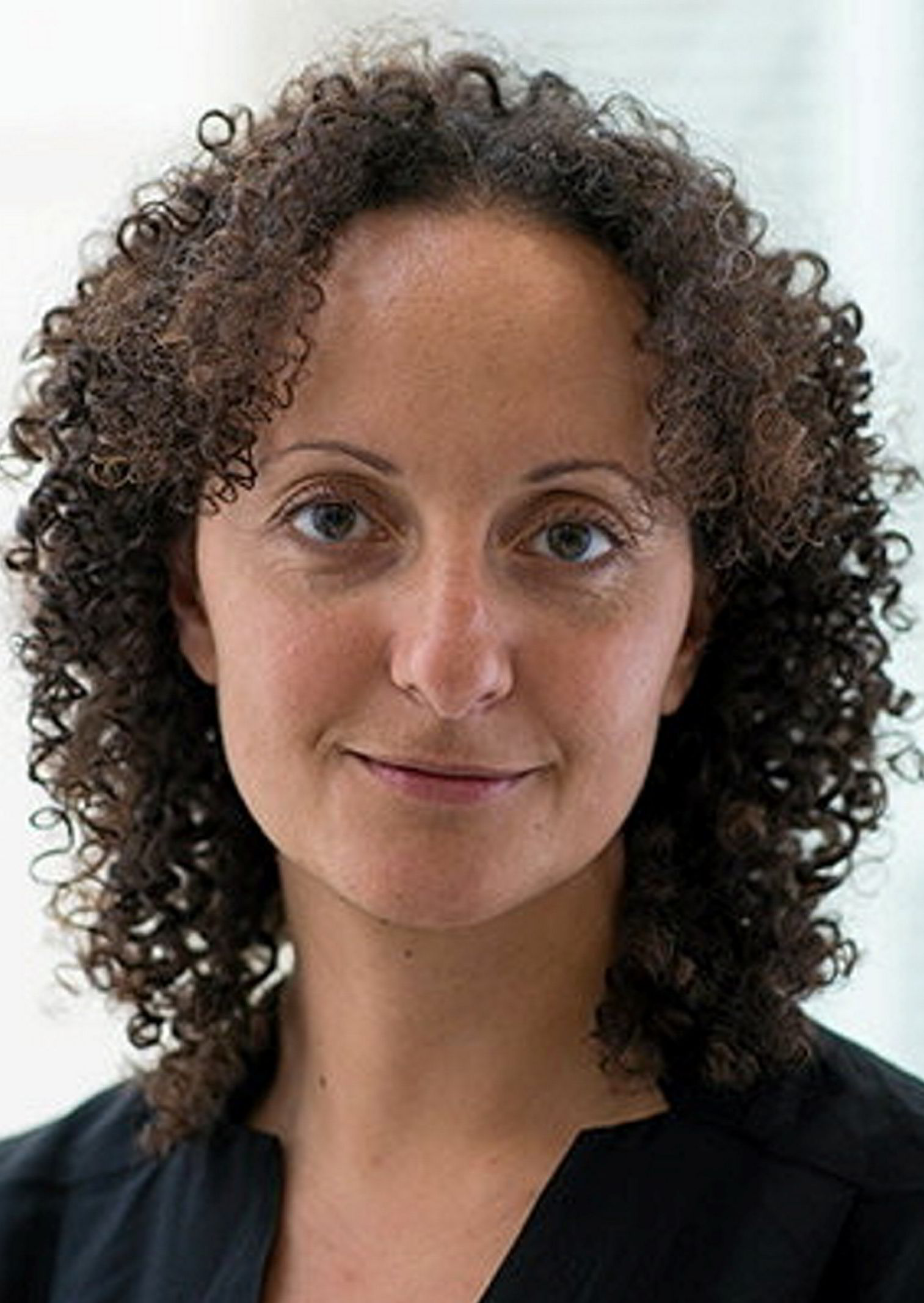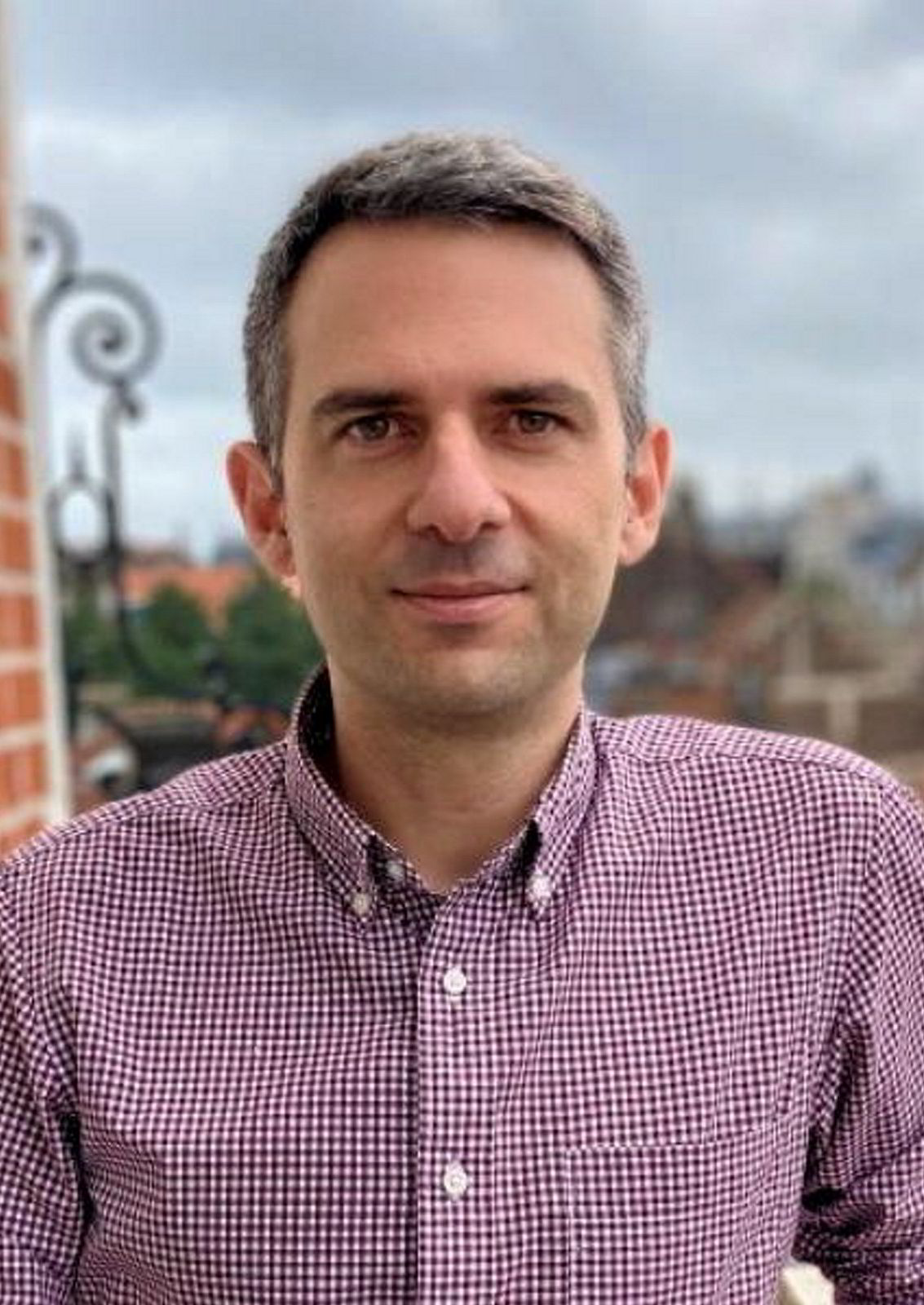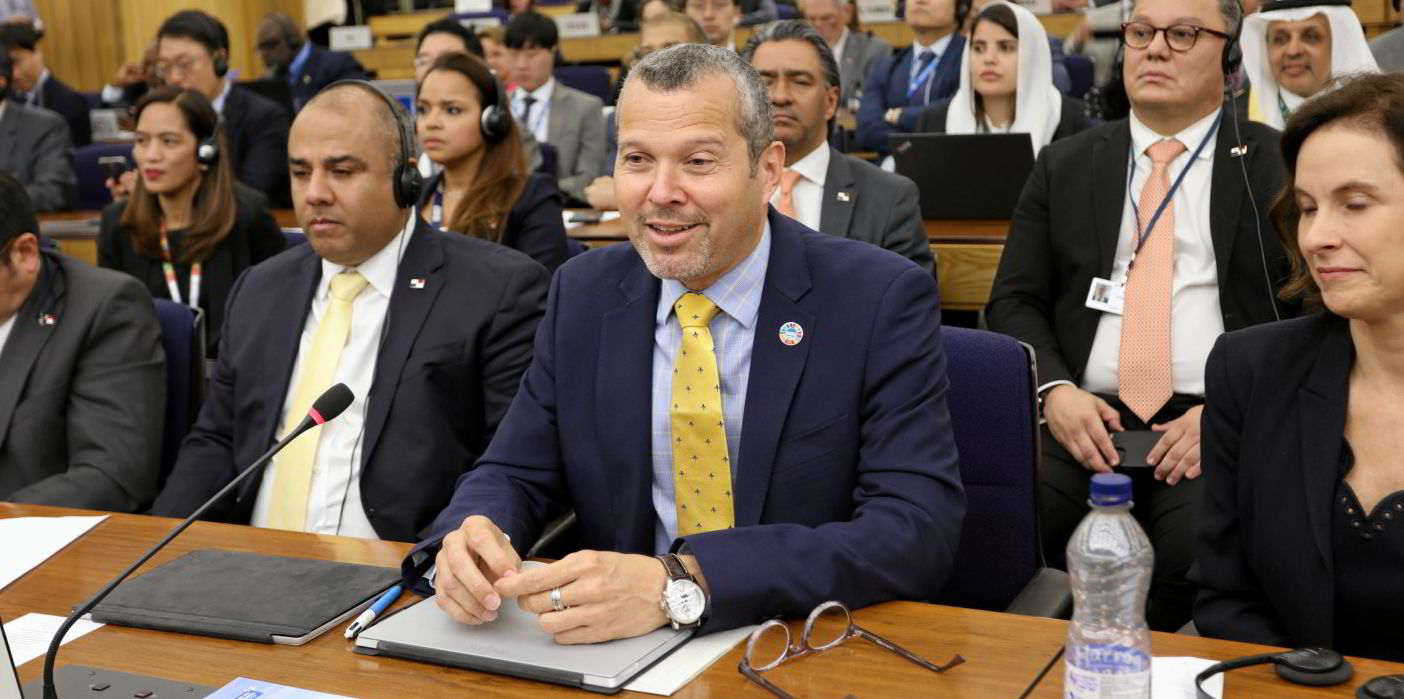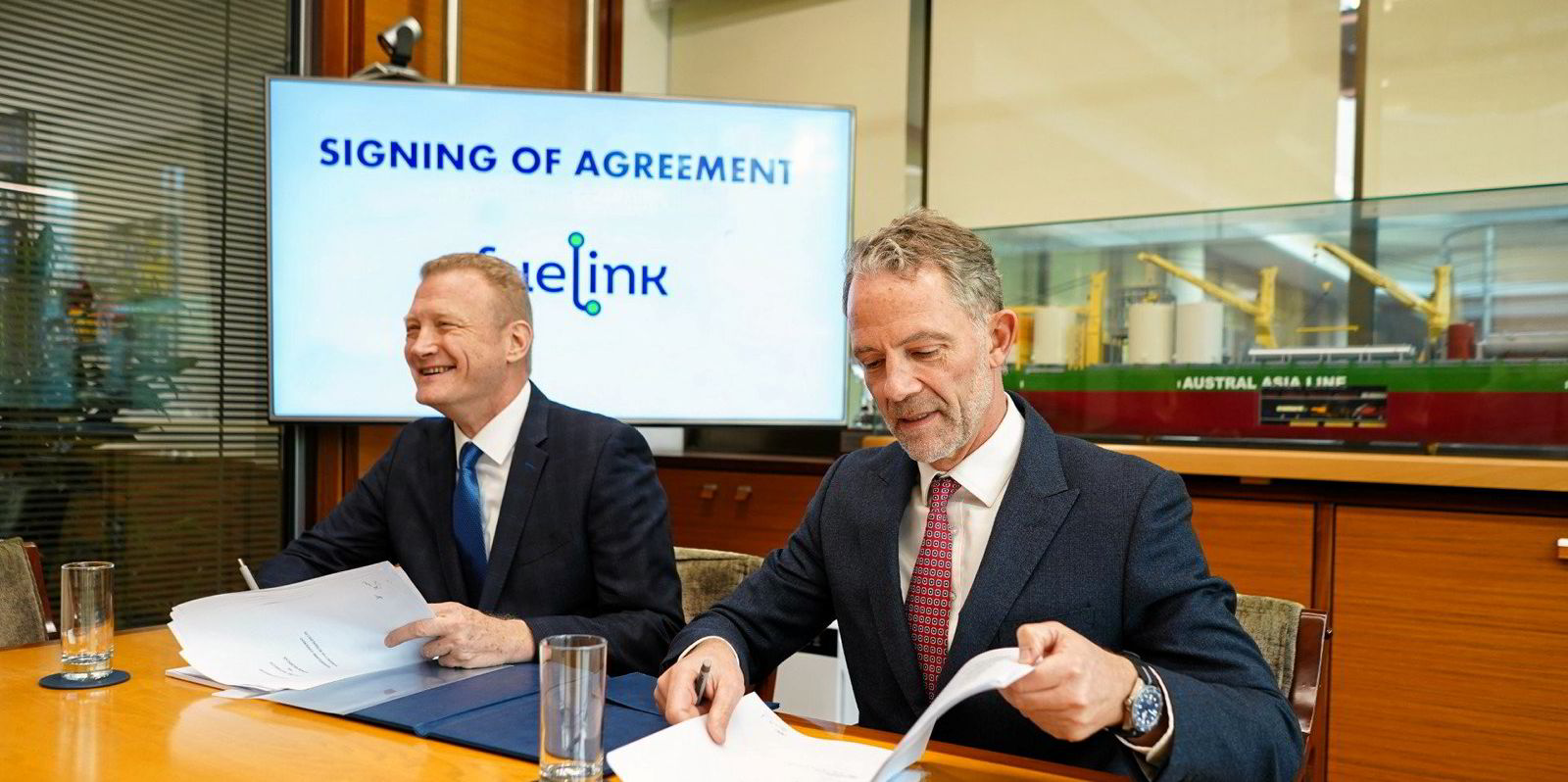As shipping’s global regulator, the International Maritime Organization is responsible for the environmental and societal impact of global shipping and next week at the 81st session of the Marine Environment Protection Committee, its member states will gather in London to discuss the sustainable future of the sector.
First on the minds of many attendees will be a necessary agreement on a global greenhouse gas pricing mechanism. Such a mechanism — along with well-thought-out measures, such as a standard that appropriately covers the full life cycle of marine fuels and a more transparent way to track cargo ship emissions — is essential.
It can help achieve the sector’s decarbonisation in line with the IMO’s 2023 Greenhouse Gas Strategy, keep global temperature rises below 1.5C, and sustain healthy global trade.
However, as the IMO gets closer to negotiating the terms for its so-called “Basket of Measures”, particularly for many developing countries that rely on commodity exports for their growth, rising concerns about the impacts of a greenhouse gas pricing mechanism on the cost of trade are understandable.
To avoid going off course, it will be ever more critical to show how international alignment on measures will support a cost-efficient global trade system and reaching global climate goals.
A key advantage of the IMO’s greenhouse gas measures is that they can be predictable and universal. If countries instead opt for regional and national specific action at uncoordinated dates, incompatible systems will give way to fragmentation of technology and fuel choice, potentially slowing environmental progress, and abrupt transitions to new policies risk greater impacts on trade links and ultimately the cost of trade.
The international community must move now together to establish a greenhouse gas pricing system that can enhance a just and equitable transition and rapidly advance cleaner energy alternatives.
What does the right global greenhouse pricing mechanism look like?
Several proposals are being brought forward to this MEPC session. Delegates ought to consider three vital criteria during their deliberations to craft an effective, just and equitable greenhouse gas pricing mechanism.
Getting the price right
First, the full life cycle of emissions of marine fuels must be appropriately covered. This means that the price should account for emissions created in the extraction, development and transportation of the fuel.

This, together with a robust sustainability framework, is the best way to protect our ecosystems and communities.
Second, the mechanism must reduce the cost gap between dirty and clean fuels and technologies. The right pricing mechanism has the power to unlock investments in resources that drive shipping’s transition to cleaner energy alternatives, including stimulating the investment needed to support the production of sustainable fuels that can foster new industries in developing countries. The costs associated with the energy transition may seem like a hindrance but they will future-proof the sector on the back of a predictable global framework.

Finally, with any wide-reaching system that affects different economies and trade partners, ensuring that a price can account for these socioeconomic distinctions is essential.
Unlocking opportunity
The design for how the revenues will be redistributed must prioritize and lock-in clearly how countries can access these funds for necessary infrastructure development or climate mitigation measures. This is essential to a just transition and gaining support for the mechanism.
Member states at the IMO understand all of this, and they must rise to the challenge.
Getting the measures right for the global greenhouse gas pricing mechanism can unlock an immense opportunity to advance necessary, ambitious and fair emissions reduction policies that support the global trade system on which we all depend.
Angie Farrag-Thibault is global transport associate vice president, and Panos Spiliotis is EU transport senior manager, global shipping and IMO delegation lead, at Environmental Defense Fund – an NGO that is a consultative member of the IMO.





